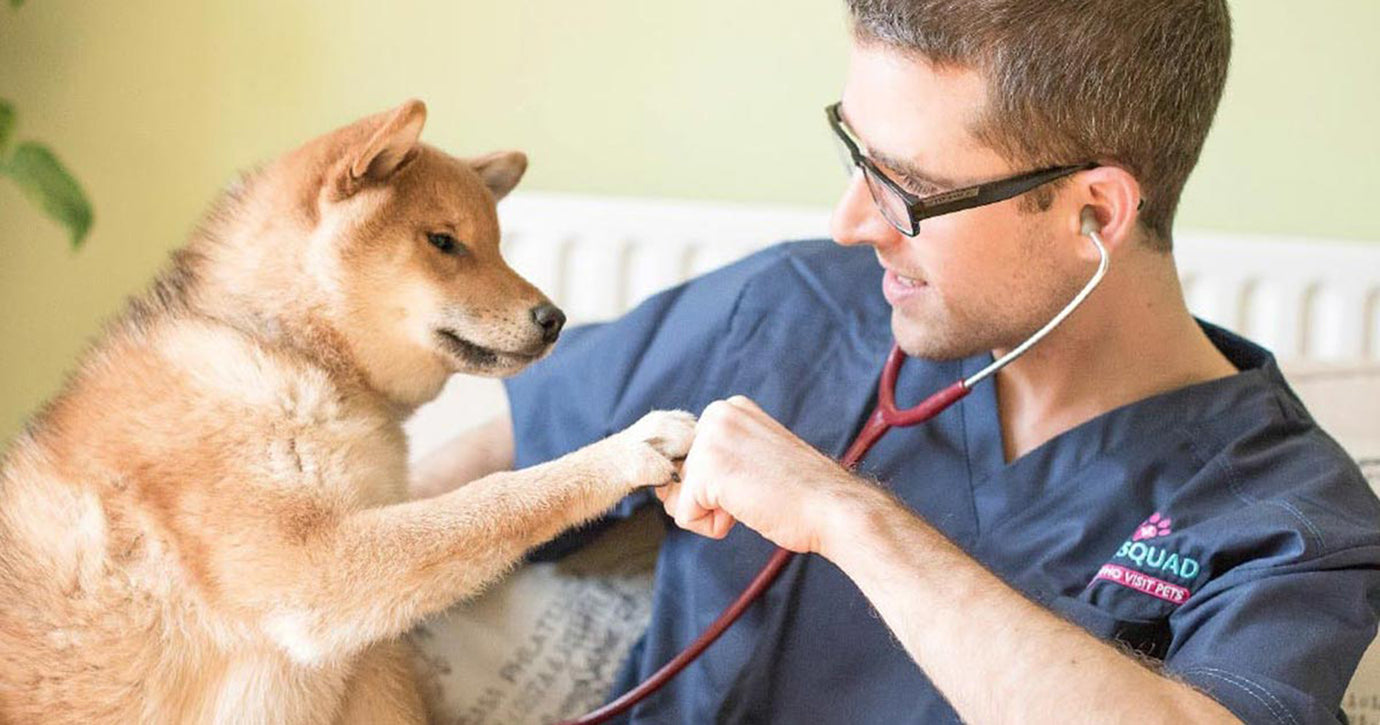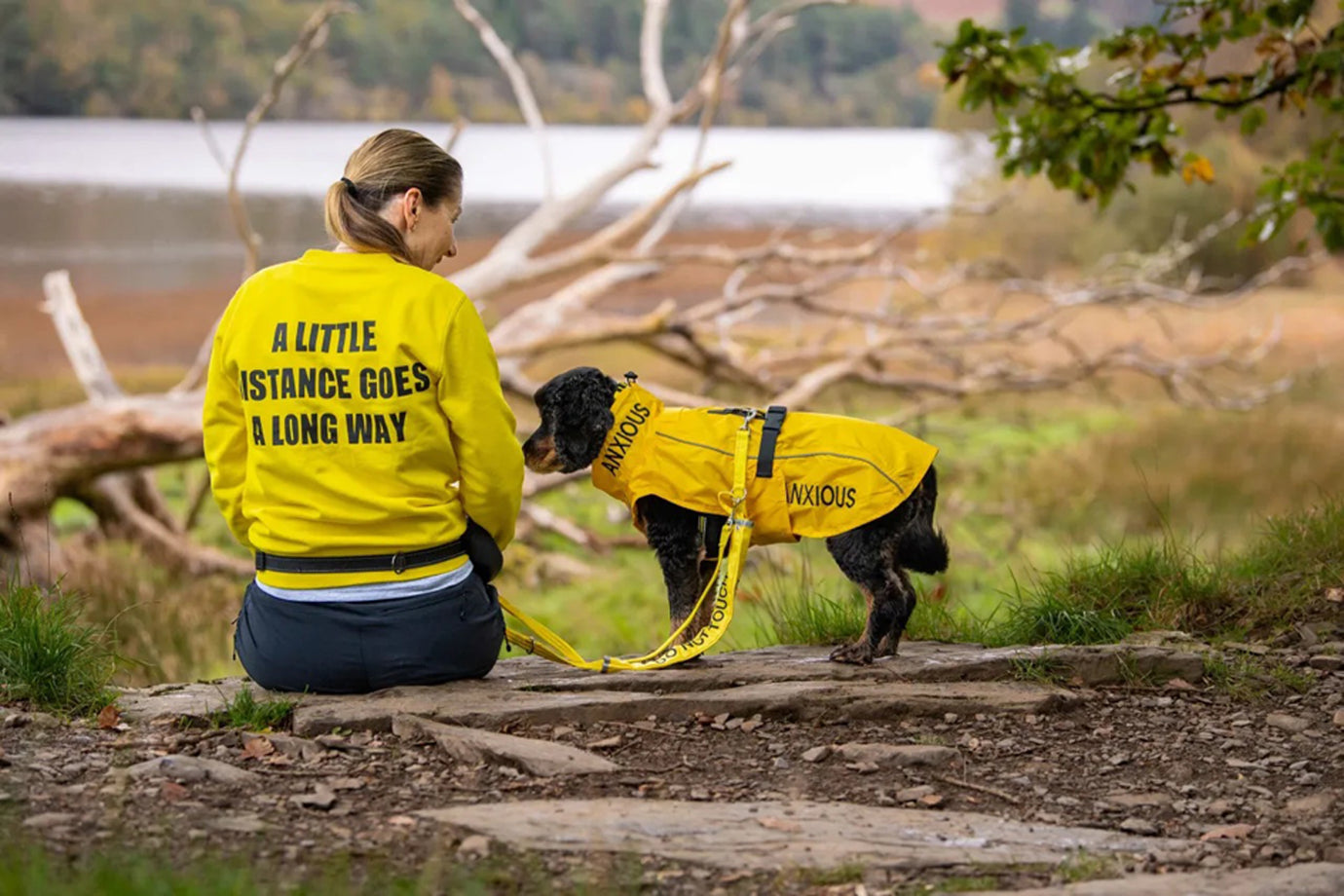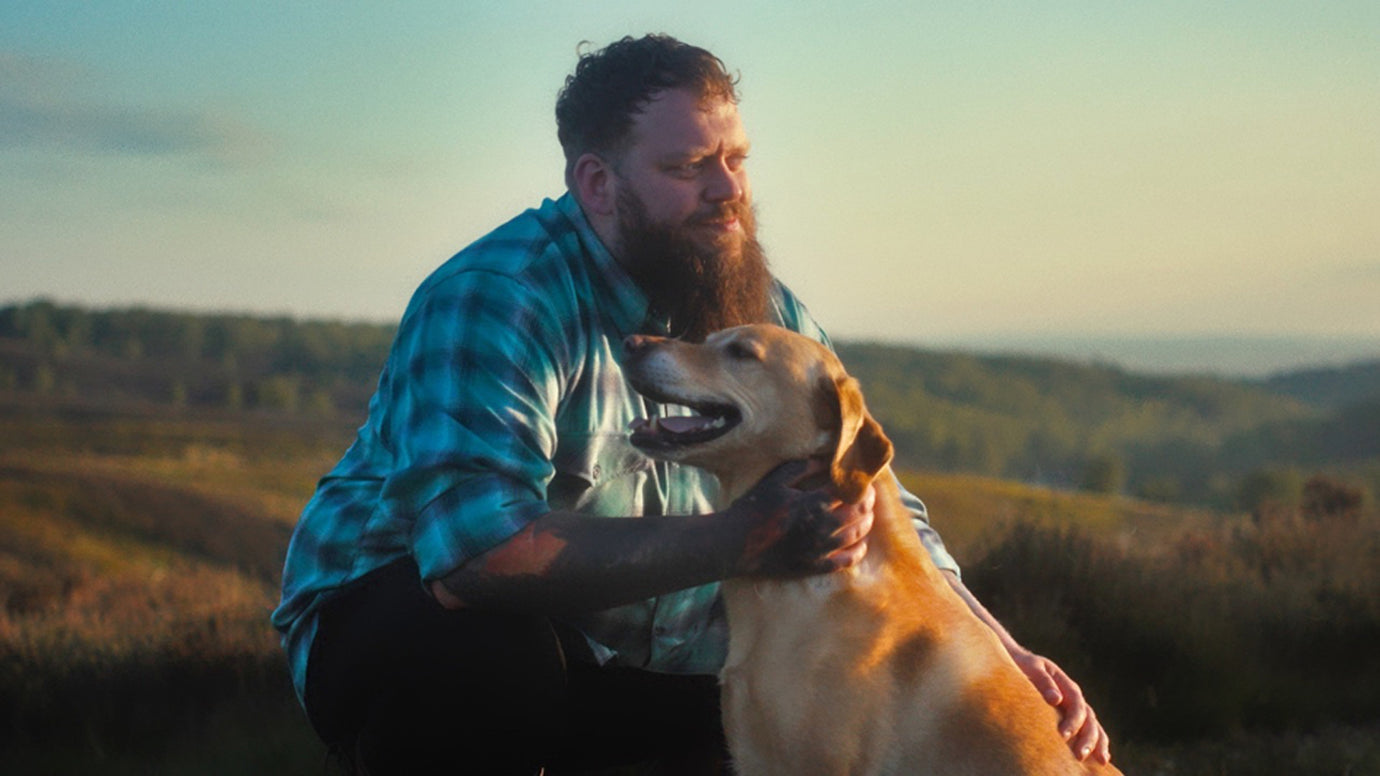'Dog phone' could help lonely pooches call owners

Your dog may be your best friend, but ever thought it might be nice for it to call you if it gets lonely?
BBC News reports that a Scottish academic has devised a device that allows dogs to video call their owners simply by shaking a ball. The ball is fitted with an accelerometer which, when it senses movement, connects the call.
Its creators at the University of Glasgow say it could help pets with separation anxiety – as their owners returned to work after the pandemic. The system is the brainchild of Dr Ilyena Hirskyj-Douglas, a specialist in animal-computer interaction at the university’s school of computing science. Dr Hirskyj-Douglas conducted a series of 16 ‘study days’ with 10-year-old labrador Zack over a three-month period. The accelerometer was built with the help of colleagues from Aalto University in Finland, and concealed inside Zack’s favourite toy.
The first two days saw Zack make 18 calls, half of which were ‘accidental’ while he slept on the ball, suggesting the system was too sensitive.
But during several calls where he was awake, he showed his owner some toys they often play with together and approached the screen, suggesting he wanted to interact with her. By the final experimental phase lasting seven days, the accelerometer tuning had been refined and Zack made 35 calls in total, averaging five a day.
While many seemed accidental, Dr Hirskyj-Douglas said Zack showed “additional interest” – pricking up his ears and approaching the screen – in interactions where she used her phone to show him things such as her office, a restaurant, an underground station and a street busker.
While the academic said she “can’t know for sure that Zack was aware of the causal link between picking up the ball and making a call”, it was clear that sometimes he was “definitely interested in what he was seeing, and that he displayed some of the same behaviours he shows when we are physically together.”
Dr Hirskyj-Douglas said one unexpected consequence of the experiment was that she found herself getting anxious when she placed a call to Zack and he wasn’t in front of the camera or didn’t approach the screen. This is something she would consider for the next iteration of the system, she said.
Whatever form that takes, we’ve taken another step towards developing some kind of ‘dog internet’, which gives pets more autonomy and control over their interaction with technology,” she added. “That could help the ‘pandemic puppies’ find new ways to deal with the stress of being home alone as their owners return to work.”
One dog welfare charity recently reported a 35% increase in people considering giving up so-called ‘pandemic puppies’ after a change in their circumstances post-lockdown.
‘Stress behaviours’
Animal psychologist Dr Roger Mugford told the BBC’s Good Morning Scotland programme that dogs already exert control over their owners with behaviours which “they know will get humans moving”, such as rattling their food bowl when hungry and scratching at the door when they want us to wake up.
Experiments have already shown dogs respond better to “smiling” facial expressions on screens, he said, rather than “grumpy or aggressive” ones, while research suggests about half of dogs like to watch television, especially when they see animals on screen.
“What is really important about this piece of science is it gives another insight into how clever dogs are,” he added. “They are social animals and a dog left alone is in really serious deprivation. If they are allowed to use technology to allow them to have a more interesting life, they will exploit it. “Dogs are pack animals, and we humans insert ourselves into their group. We become a very important resource and dogs want to make contact with us. “Their whining or scratching at doors are the upsets of what we variously call separation or stress behaviours. They are only a misdirected attempt to make contact with us when they are lonely.”
(Story source: BBC News)





